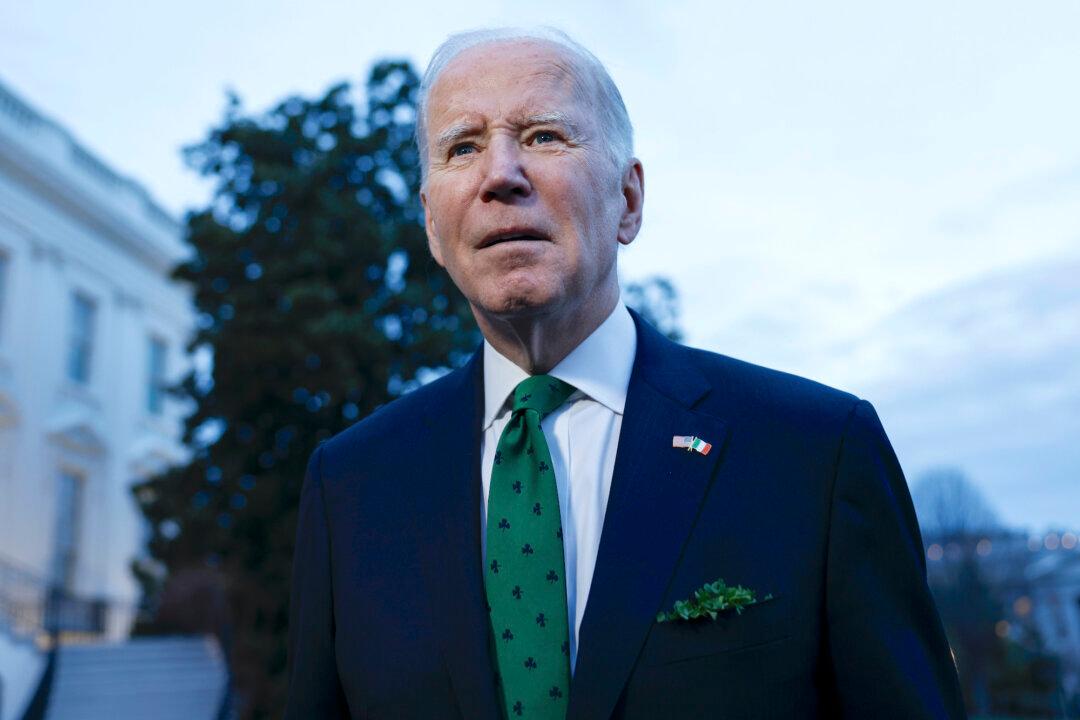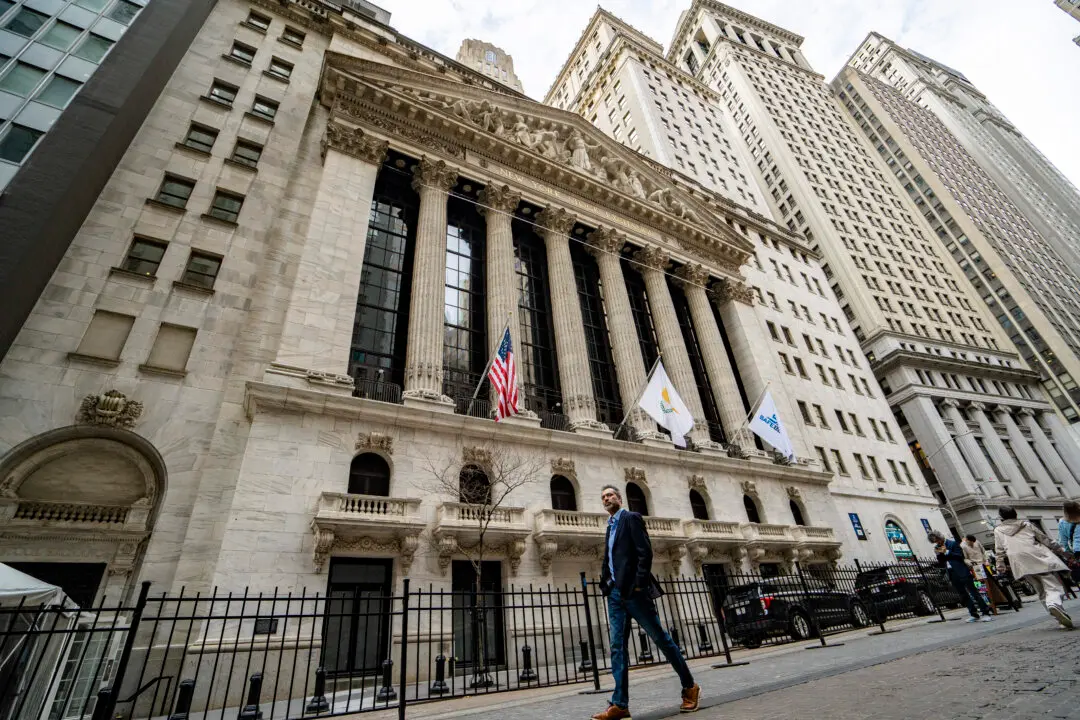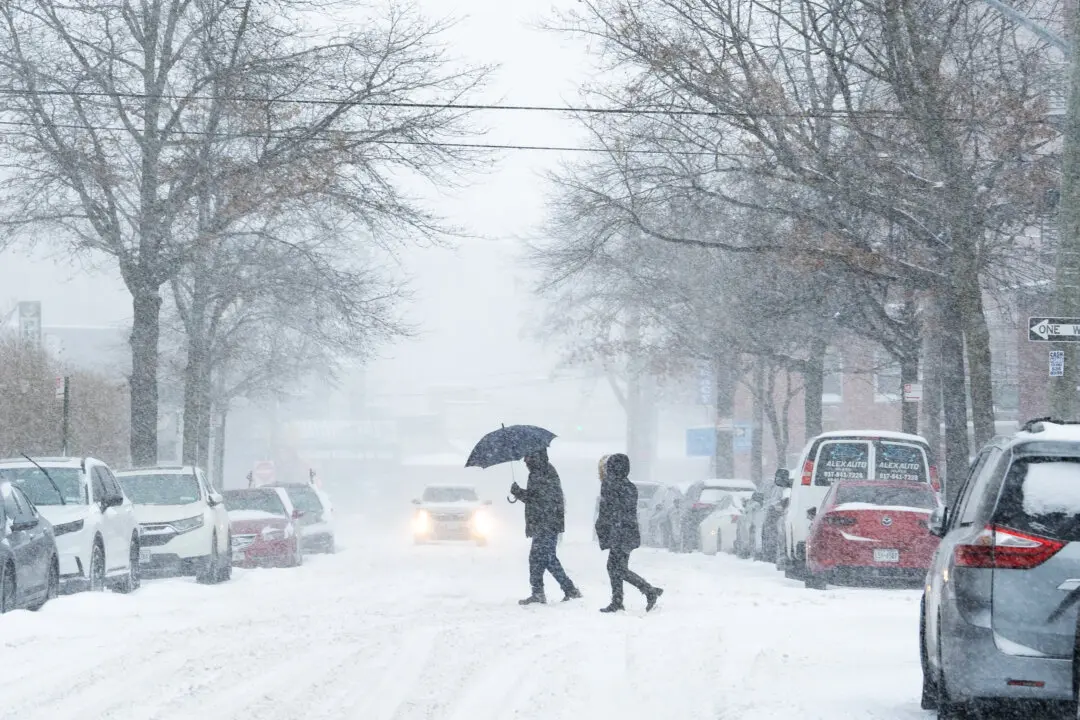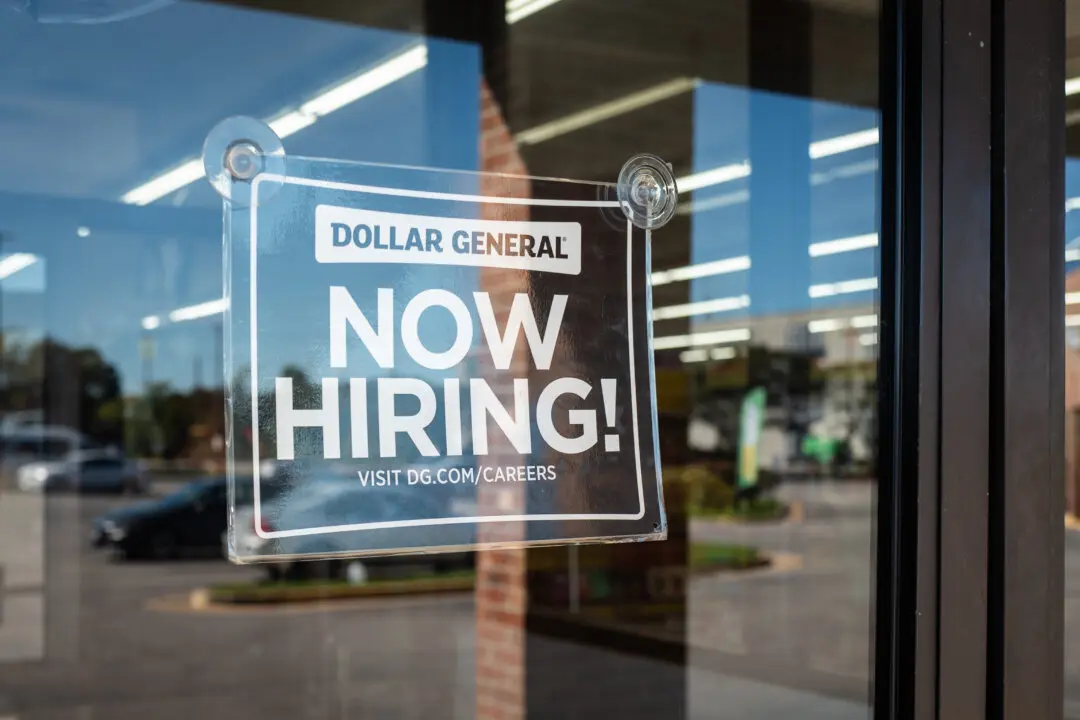President Joe Biden is urging federal banking agencies to consider a series of changes that would “reduce the risk of a future banking crisis” and refrain from penalizing community banks, a White House official says.
Biden is recommending reinstating rules and regulations that were rolled back under former President Donald Trump for banks with assets between $50 billion and $100 billion, the administration official confirmed during a March 30 call with reporters.





